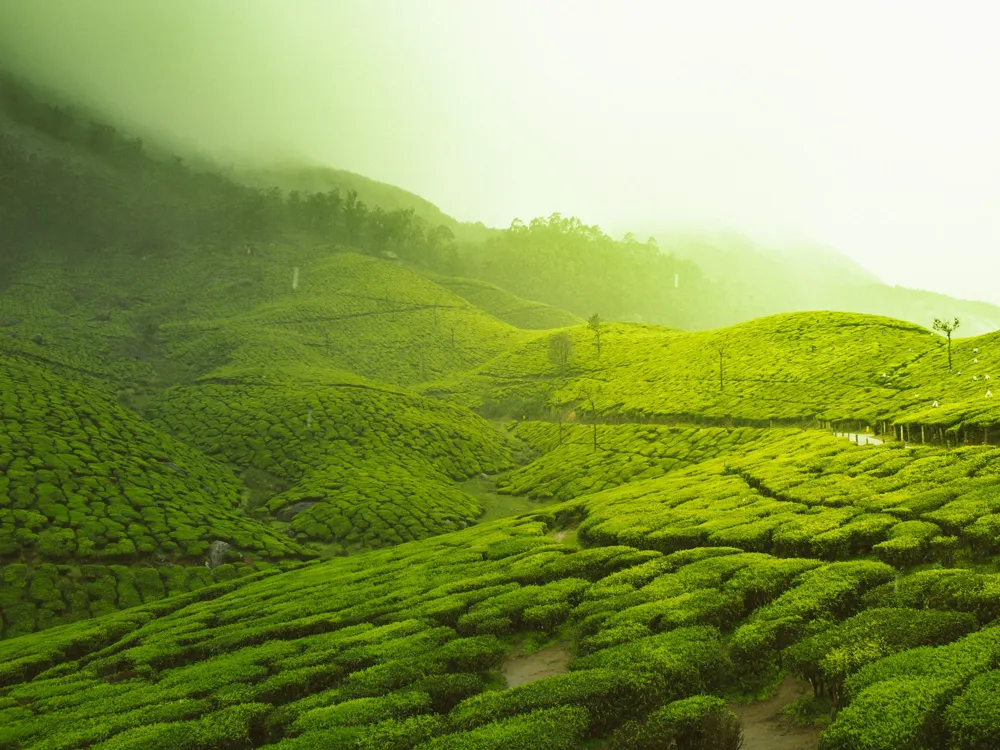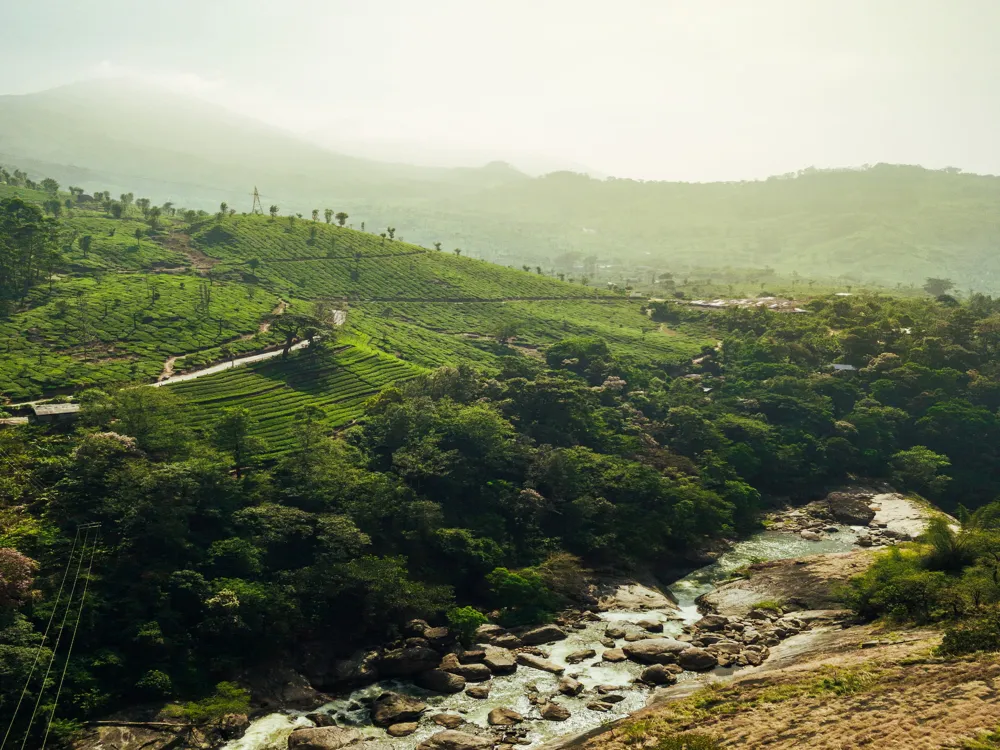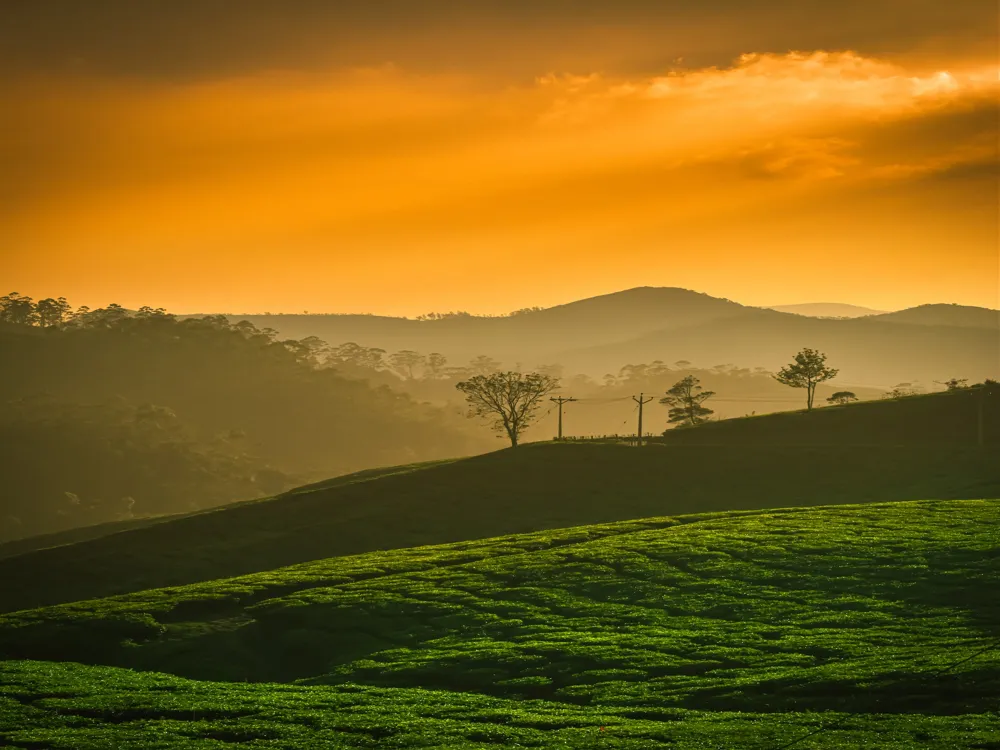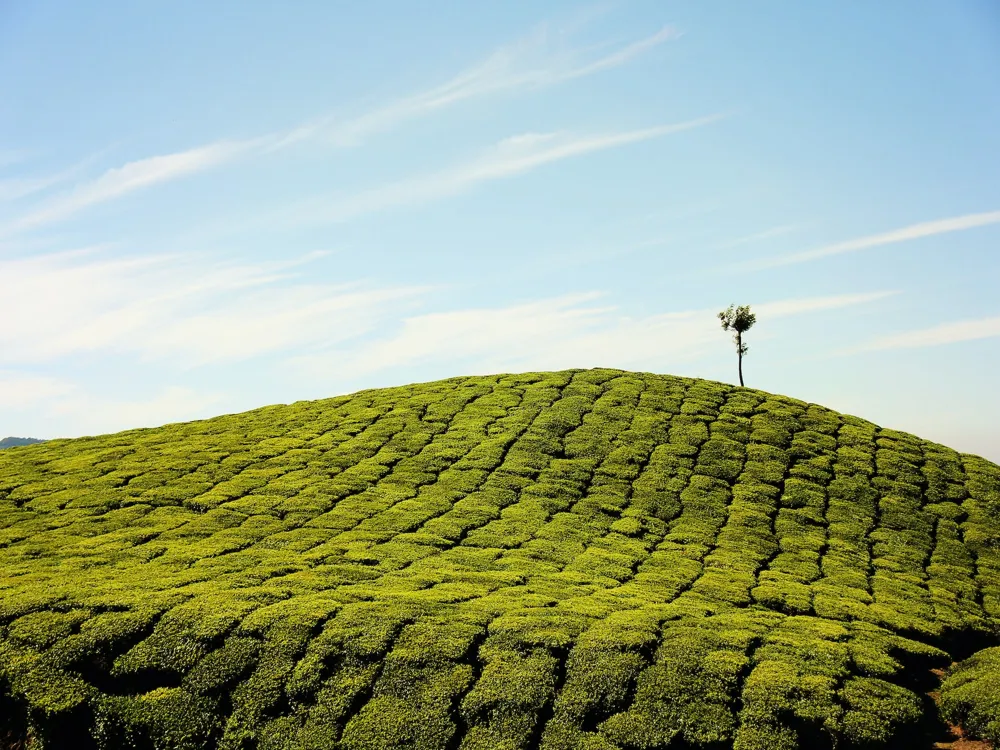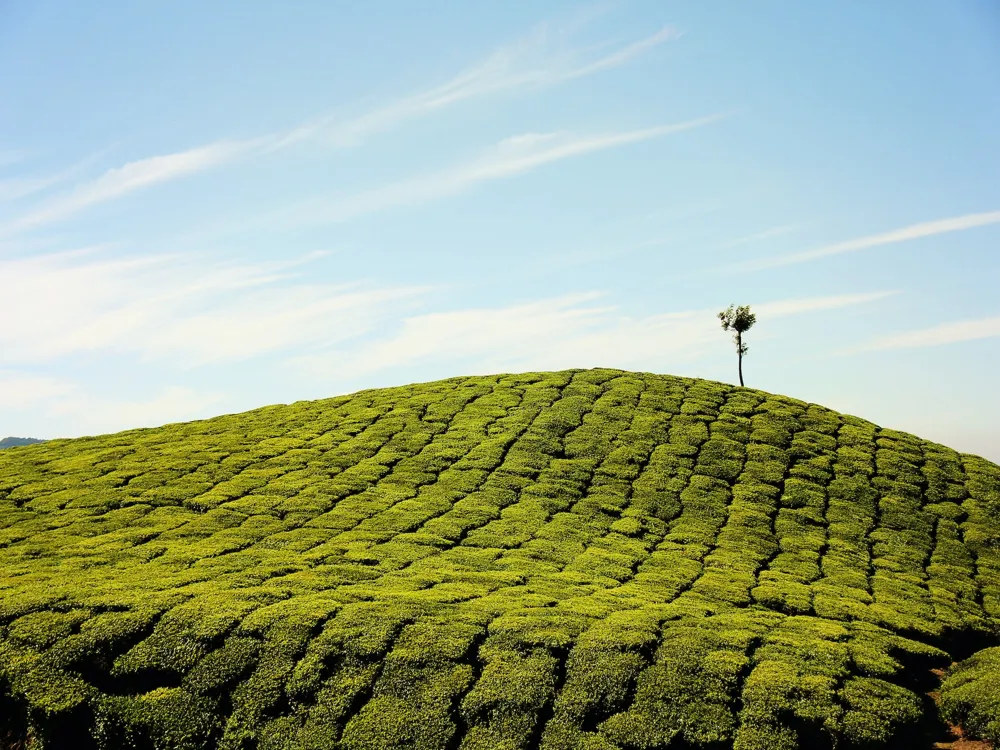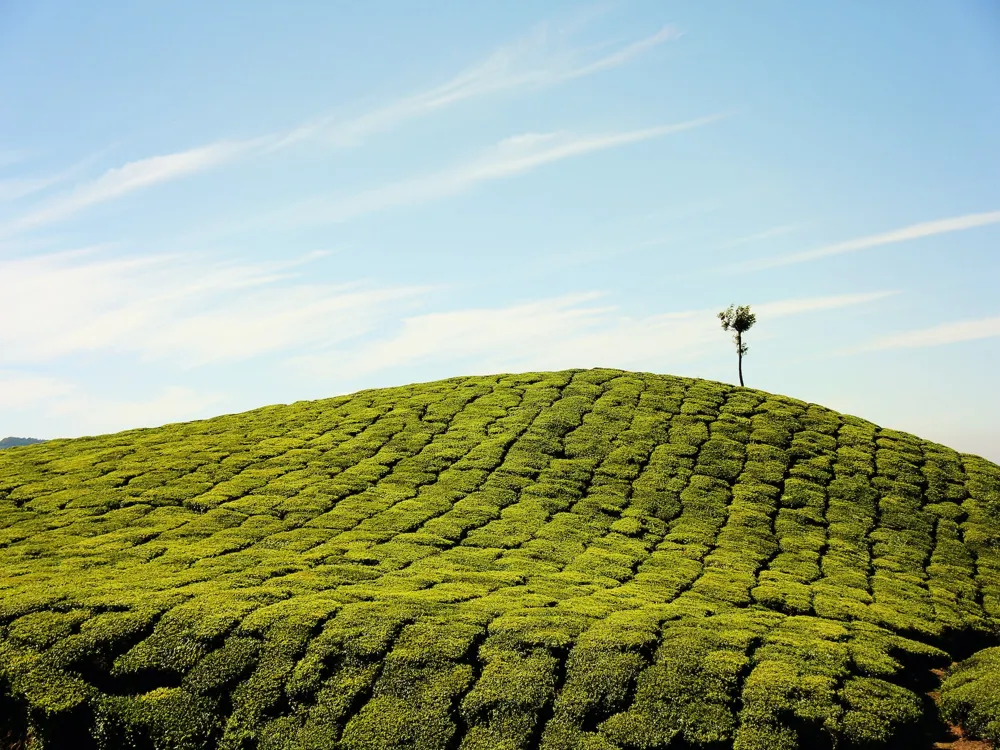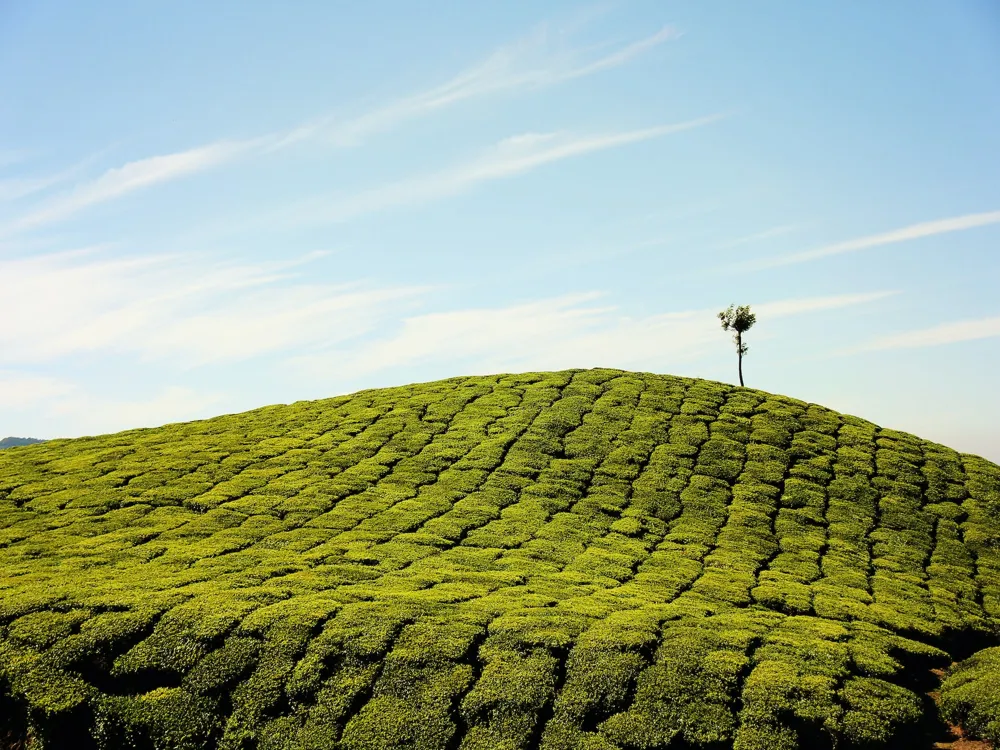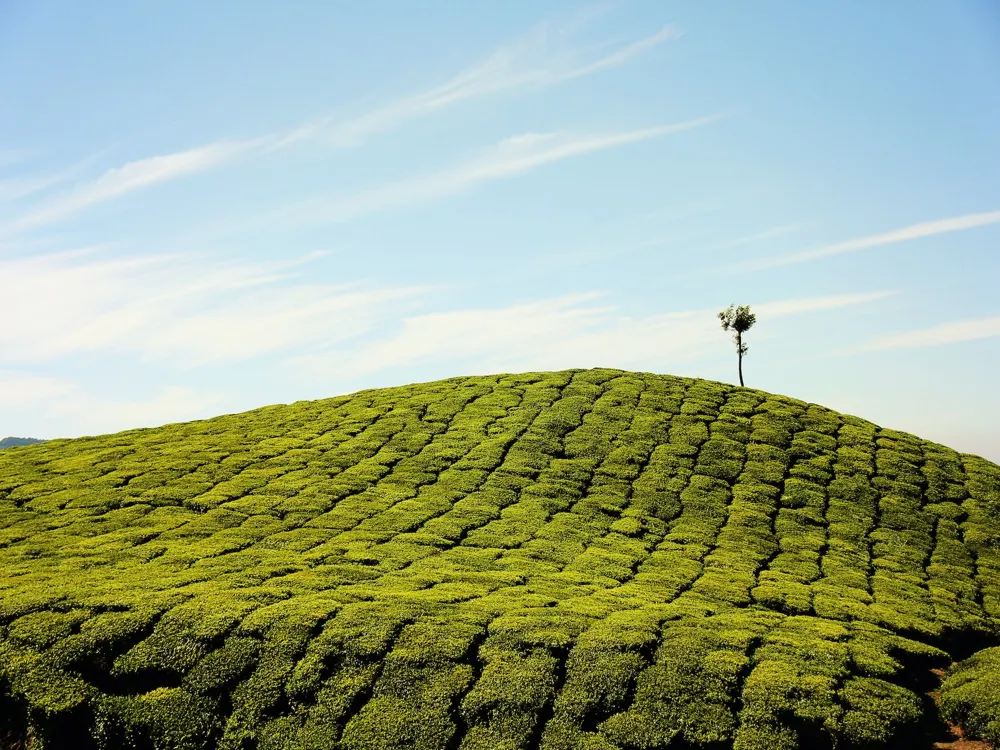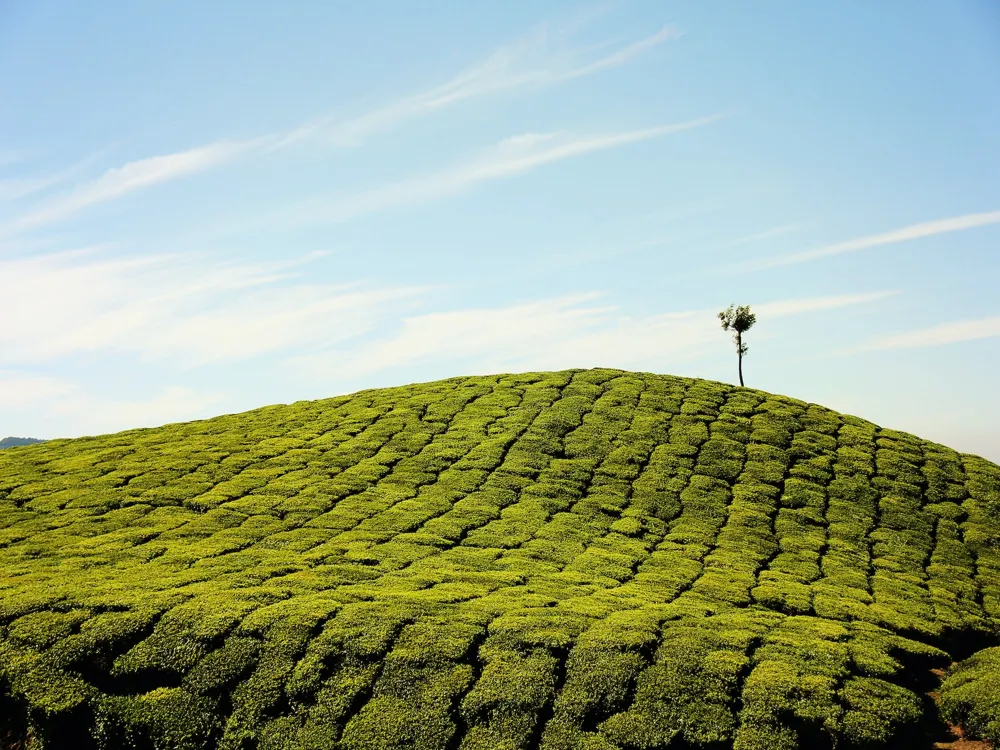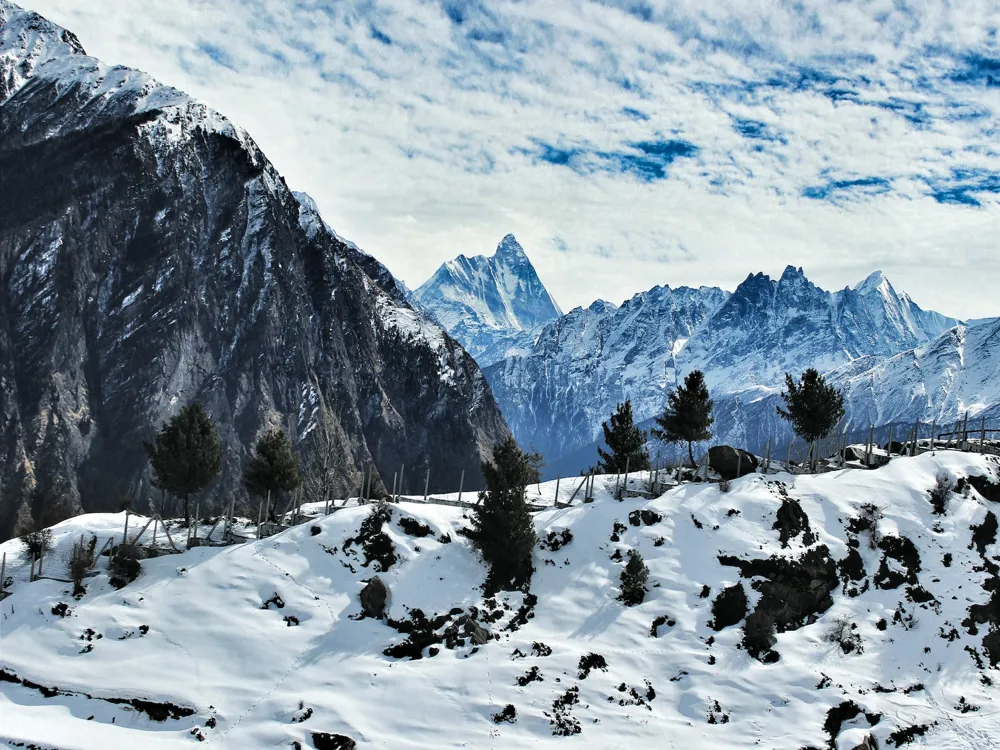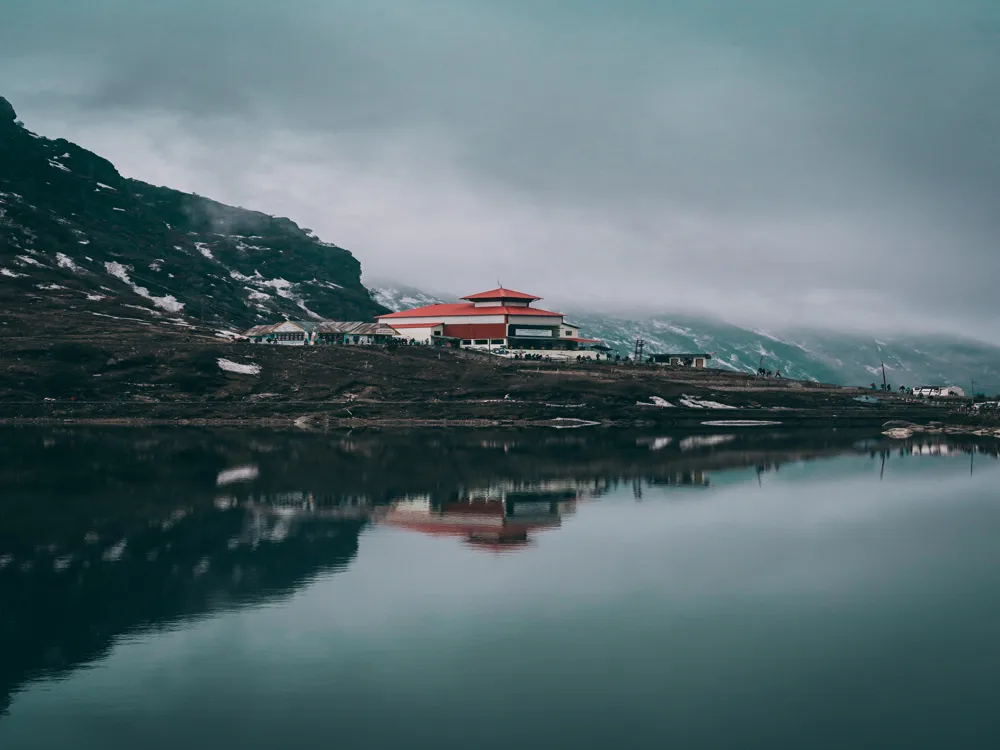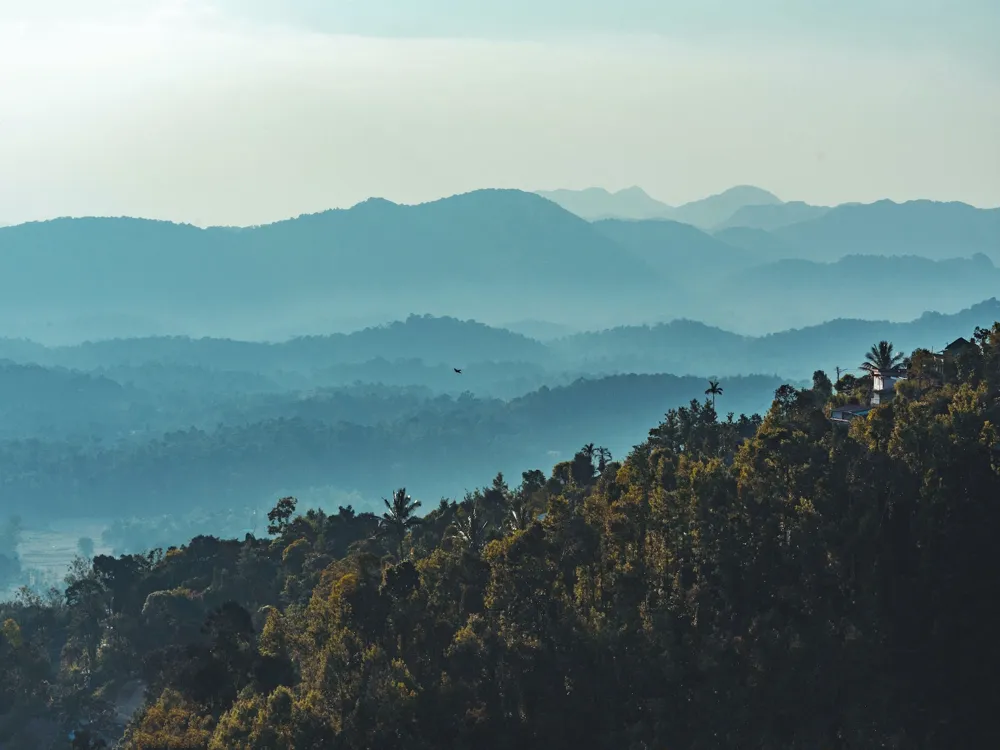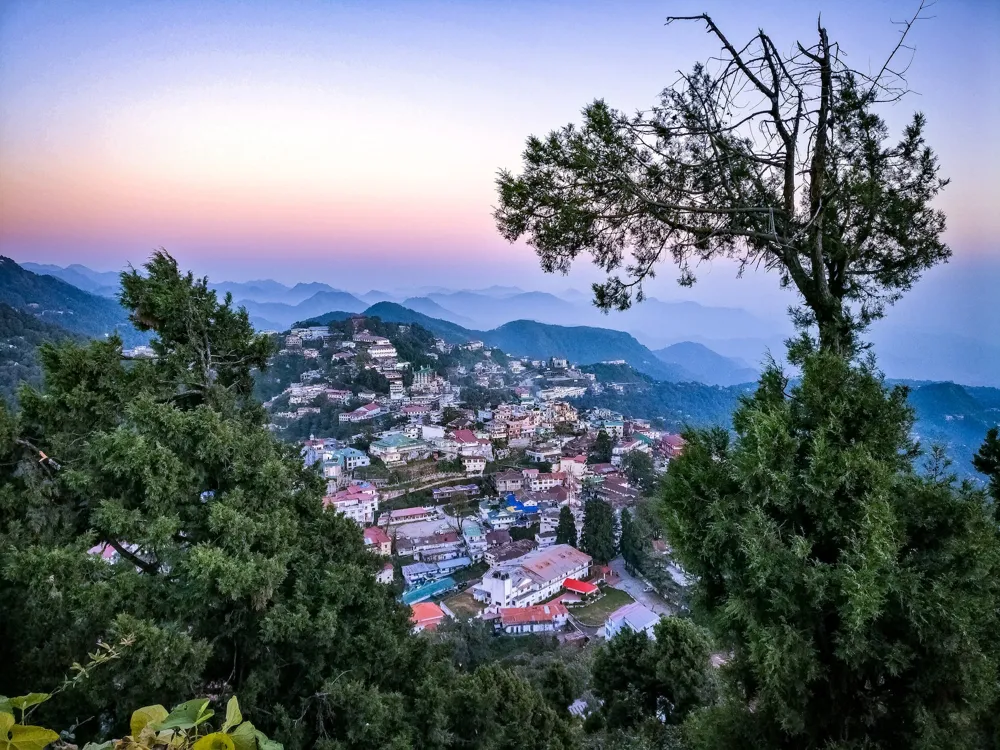Best Time to Visit Munnar
Kerala India
1 out of 49 Places to visit in Kerala₹ 10,000 onwards View Packages
Get Customized PackagesThe Land of Diversity
Top Hotel Collections

Private Pool

Luxury Hotels

5-Star Hotels

Pet Friendly
What is the best time to visit Munnar?
Nestled in Kerala's Western Ghats, Munnar enchants visitors with its lush tea plantations, misty mountains, and serene ambiance. Determining the ideal time to visit this hill station involves considering weather conditions and desired experiences amidst its breathtaking landscapes.
More about Best Time to Travel to Munnar
Travel Peak Season in Munnar
The peak season in Munnar typically extends from September to March, featuring cool temperatures and clear skies. This time is perfect for exploring tea estates, trekking amidst verdant hills, and witnessing the blooming Neelakurinji flowers. However, accommodations might be crowded and slightly more expensive.
Travel Offseason in Munnar
The offseason, mainly from June to August, encounters the monsoon season in Munnar. While rainfall is prevalent, this time transforms the landscapes into lush greenery, rejuvenates waterfalls, and offers a quieter retreat for nature enthusiasts amidst fewer tourists.
Munnar Travel Packages
View All Packages For Munnar
Munnar in Shoulder Season
The shoulder seasons of April to May and November to December present pleasant weather with occasional showers. These months strike a balance for travelers, allowing them to explore Munnar's natural beauty without the crowds of peak season or heavy rainfall of the offseason.
Munnar in Hot Season
The hot season from March to May brings warmer temperatures to Munnar. Despite the heat, this period allows visitors to explore the town's attractions, enjoy the tea plantations, and experience cultural facets.
Munnar in Rainy Season
The rainy season, occurring from June to August, witnesses heavy monsoon showers. Although outdoor activities might be limited, this time showcases Munnar's lush greenery and offers a serene ambiance for a tranquil escape.
Munnar in Cool Season
The cool season, from September to March, presents milder temperatures, making it an ideal time for sightseeing and outdoor activities without the intense heat. This period allows visitors to enjoy Munnar comfortably.
Places To Visit In Munnar
Nearby Places Munnar
Munnar Photos
View All Photos For MunnarBrowse Package Collections
Browse Hotel Collections
Faq
Q1: What is the ideal time to visit Munnar for a pleasant climate?
A: The best time to experience a mild and pleasant climate in Munnar is during the months of September to November and January to March. During these periods, temperatures are moderate, and the weather is conducive to outdoor activities.
Q2: When should I visit Munnar to witness the blooming of Neelakurinji flowers?
A: To witness the breathtaking spectacle of Neelakurinji flowers covering the hills in vibrant shades of blue, plan your visit to Munnar between July and October. These rare flowers bloom once every twelve years, creating a stunning visual treat.
Q3: Is Munnar suitable for adventure activities, and if so, when is the best time for it?
A: Munnar is an excellent destination for adventure enthusiasts. The ideal time for activities like trekking and hiking is from October to February when the weather is cool and the landscapes are lush green.
Q4: When should I visit Munnar to experience the tea harvesting season?
A: If you're interested in witnessing the picturesque tea gardens in full operation, plan your visit during the tea harvesting season, which typically occurs from June to September. During this time, the tea estates are abuzz with activity, and the scenery is especially vibrant.
Q5: What is the monsoon season like in Munnar, and is it a good time to visit?
A: The monsoon season in Munnar lasts from June to September, bringing heavy rainfall. While the landscape becomes lush and rejuvenated, outdoor activities may be restricted. If you enjoy the monsoon ambiance and want to experience the beauty of Munnar in the rain, this could be a unique and tranquil time to visit.

